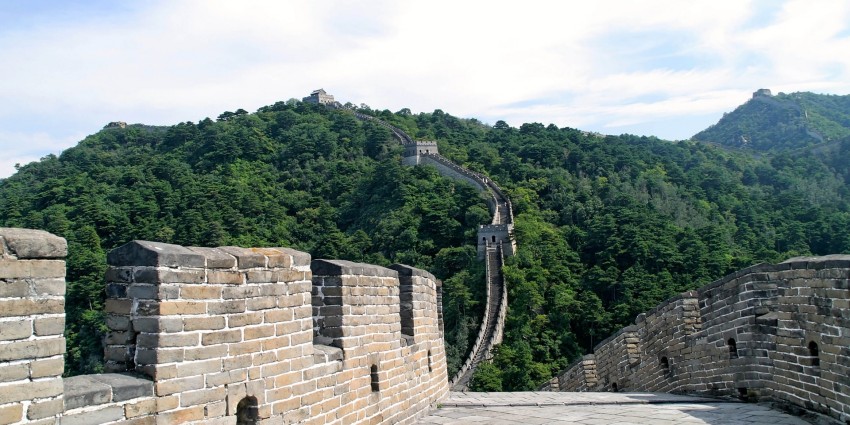It is easy to see why the concept of soft power has been embraced by China’s leaders and has been incorporated into the official lexicon of the Chinese Communist Party (CCP). Chinese foreign policymakers and academics have been assiduously studying how to make China seem less threatening and more attractive to external audiences in order to avoid the international conflict that many realist International Relations scholars predict will occur when a rising power emerges to challenge the status quo. Developing soft power, which attracts and co-opts others rather than coercing them, seems to be one way to do this. What is less obvious, however, is that many Chinese analysts believe that increasing the country’s soft power not only plays an important role in making China’s international environment more secure but also contributes to achieving the CCP’s domestic security objectives.
This unusual Chinese interpretation of soft power, which sees the concept as having implications for domestic regime security, is the focus of my article in the Politics Special Issue on the Soft Power of Hard States. By looking at the rise of a discourse of ‘cultural security’ in China the article examines two particularly troubling sources of domestic insecurity for the CCP—lack of legitimacy and lack of national cohesion—and shows how soft power has worked its way into Chinese debates over these problems. China’s opening up to the outside world has created a vexing dilemma for the country’s policymakers—how to gain the benefits of being open to international cultural influence and exchange without undermining domestic national cohesion or becoming vulnerable to ideological threats that challenge the legitimacy of the regime. In their discussions of this dilemma, Chinese cultural security analysts not only raise the threat of ‘cultural infiltration’ and ‘peaceful evolution’ posed by Western, and particularly American, soft power, but also see an increase in China’s soft power as a way to reduce this insecurity by making Chinese culture and values more attractive to both domestic and foreign audiences.
Examining the insecurities that lie behind the soft power strategies of major authoritarian states such as China help us to gain a deeper understanding of their policy objectives. The Chinese attention to domestic factors reveals a qualitative difference between the kinds of insecurities that influence China’s approach to soft power and those that might influence a Western liberal democracy. Through the lens of regime security, developing soft power in the contemporary Chinese context appears to be not only a response to the outside world’s fear of China’s rise to great power status but also part of a nation building or state making project.

